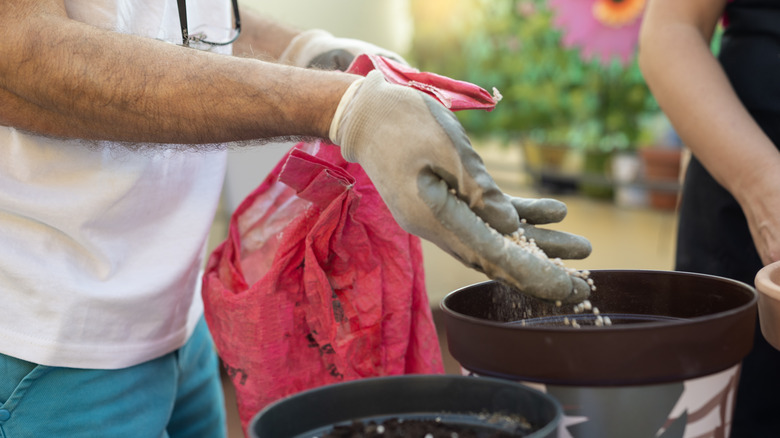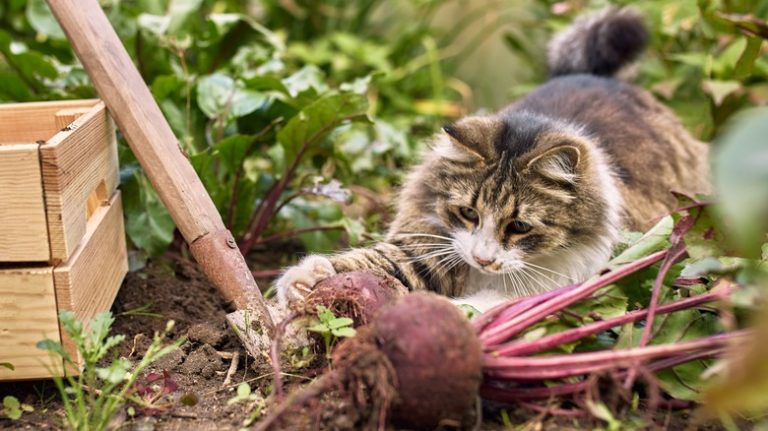Inveterate, green-thumbed enthusiasts know that even the most unexpected items can play a vital role in maintaining a healthy garden. This time, our rather unconventional yet incredibly fascinating gardening topic involves adding expired vitamins to compost we can use to enrich garden soil. We all understand the significance of vitamins in maintaining our health, but what becomes of them once they’ve passed their expiration date? Typically, they end up in the trash, contributing to our ever-growing landfills. However, by composting them, we have a sustainable, eco-friendly alternative that can both reduce waste and elevate garden vitality. So yes, expired vitamins can be composted.
Expired vitamins, those often-forgotten items buried at the back of our medicine cabinets, are like hidden treasure chests for your garden. Though no longer suitable for human consumption due to their decreased potency, they still contain a plethora of valuable nutrients that can work wonders for your plants. Composting these expired vitamins is not only a responsible way to manage waste but also a remarkable means of enhancing your garden’s soil quality.
The green thumb’s guide to composting expired vitamins

Now, let’s explore the world of expired vitamins and the unique benefits they offer to your garden. B vitamins include vital nutrients, such as thiamine and riboflavin. Thiamine, in particular, plays a pivotal role in bolstering overall plant vitality and crop yield. Incorporating expired B vitamins into your compost can infuse your soil with this essential nutrient. Next comes vitamin C. Bursting with antioxidants, vitamin C is a key component in photosynthesis and cell division and helps in fortifying your plants against a host of stressors, including pathogens and adverse weather conditions. When you add expired vitamin C supplements to your compost, you’re essentially arming your garden against potential threats.
Just as vitamin D assists humans in calcium absorption, it can serve a similar purpose for your plants. Including expired vitamin D capsules in your compost can help facilitate robust root growth, supporting your plants’ development and overall health. Aside from vitamins, your garden soil can also benefit from minerals included in health supplements, such as calcium, potassium, and magnesium. So, consider expired multivitamin supplements as a nutritional jackpot, providing a medley of nutrients that can enrich soil fertility and support plant health. When added to your compost, they help transform it into a holistic source of nourishment for your garden.
Putting your expired vitamins to work

Now, let’s roll up our sleeves and get to work so you can harness the potential of expired vitamins in your garden. Start by crushing or grinding the expired vitamins into a fine powder using a coffee grinder or mortar and pestle. This ensures that they can be evenly distributed throughout your compost pile. Next, incorporate the powdered vitamins into your compost pile, turning it several times. This mixing process guarantees a well-balanced blend of nutrients. Once the compost is ready, it’s time to put it to work. Spread the enriched compost around the base of your plants, or mix it thoroughly into the soil before planting. As an alternative to composting, you can also create a vitamin-infused solution by dissolving crushed vitamins in distilled water. Use it once every month to water your garden. This method allows your plants to absorb the nutrients directly through their roots.
By making the most of your expired vitamins in your garden, you not only reduce waste but also contribute to healthier, more vibrant plants. It’s a win-win for both your garden and the environment, so embrace this unique gardening practice and enjoy the bountiful benefits it brings.



